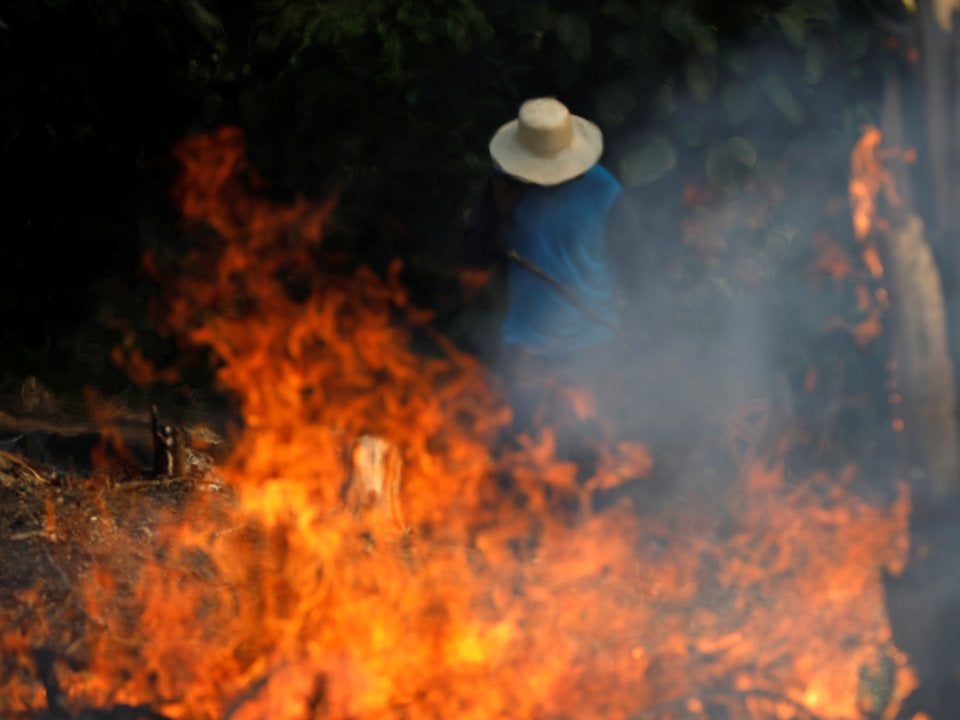Amazon still burning at record rate
Published 12:00 am Saturday, August 24, 2019
|
Getting your Trinity Audio player ready...
|
Wildfires in the Amazon rainforest are raging at a record rate and local field biologist Jimmy Stiles said it could have a detrimental effect on the rainforest’s biodiversity.
“Most of the plants and animals in that ecosystem are not adapted to fire,” Stiles said. “The fire has the potential to kill all of the overstory trees and the plants underneath it. They are basically going to have to restart. It is going to be a great loss to a lot of biodiversities there.”
Environmental organizations and researchers say the wildfires were set by cattle ranchers and loggers who wanted to clear and utilize the land, emboldened by the country’s pro-business president.
“A lot of these fires are being set just so they can clear land,” Stiles said. “They plan to use that land for agriculture and mining and things like that. By doing this they are destroying tons of biodiversity and pumping carbon dioxide into the air.”
Stiles said several of the animals will completely lose their habitat by the fires.
“It is hard to say which group of animals will be affected the most,” Stiles said. “I would think land animals, reptiles and amphibians would be. Even though birds can fly away from the fire, they have completely lost their habitat. Once the fire is finished, their habitats will be destroyed and with that type of ecosystem, it is going to take at least 100 to 200 years to be completely the same. The aquatic ecosystems are going to be affected, as well, because of the ash and the runoff from the dirt after the fire is finished.”
The Amazon is often referred to as the planet’s lungs. It produces 20 percent of the oxygen in the Earth’s atmosphere.
It is considered vital in slowing global warming, and it is home to uncountable species of fauna and flora.
Roughly half the size of the United States, it is the largest rainforest on the planet.
Stiles has been to the Amazon several times and he said it is truly devastating what is happening.
“Back in the 80s, 90s and early 2000s I went to the Amazon,” Stiles said. “It is truly a historic place and I hate to see this.”






